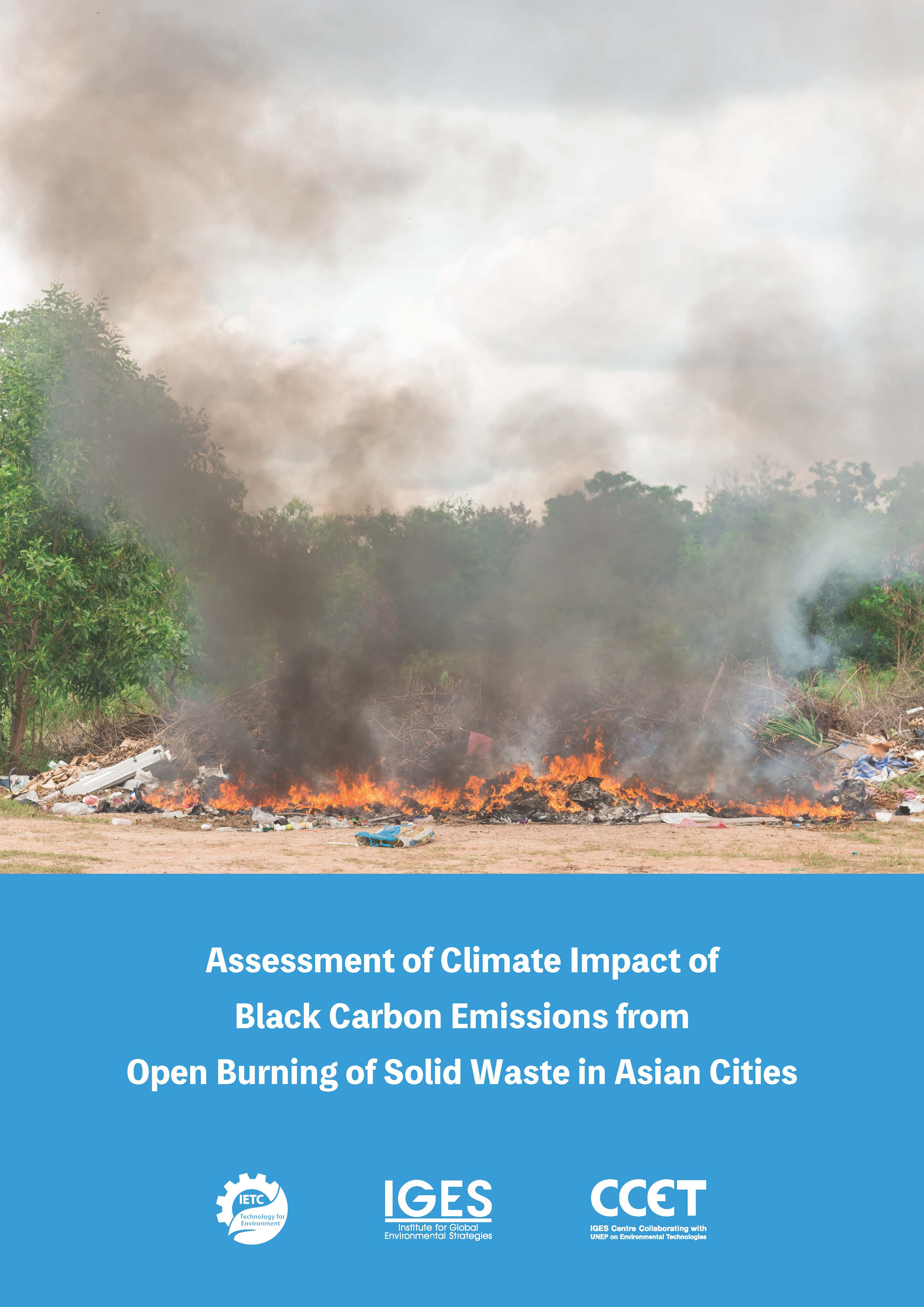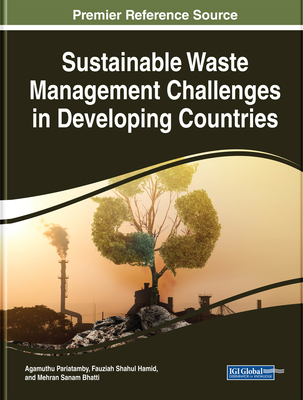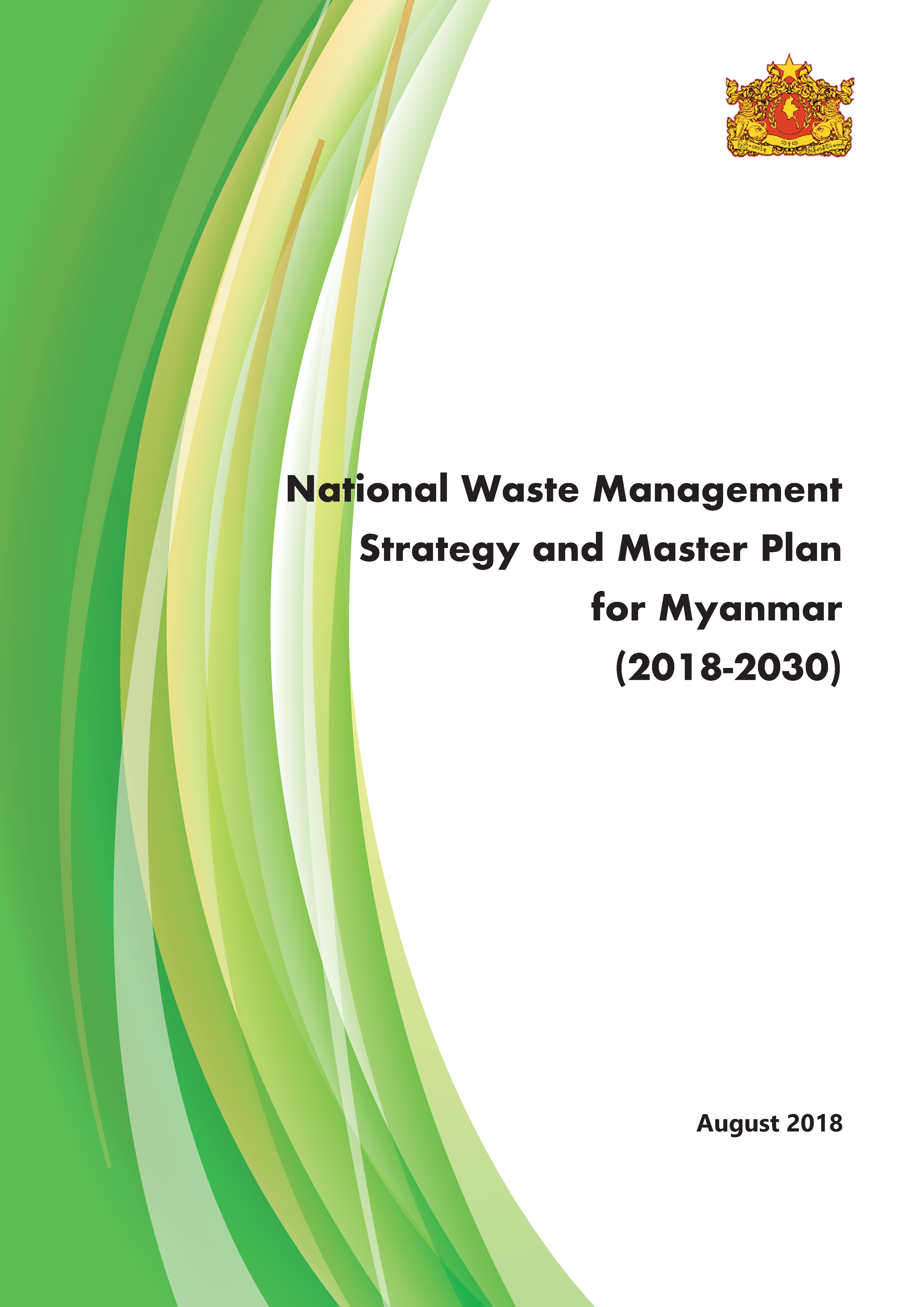Open waste burning is a widespread practice that is provoked by a lack of systematic waste collection, the unavailability of other disposal options, and inadequate land for the final disposal of the collected waste, especially in low- and middle-income countries. From a global perspective, two billion people have no waste collection at all, and the...
- Clear all
- Topic: (-) Sustainable Societies
- Region/Country: (-) Myanmar
- Region/Country: (-) Ukraine
- Region/Country: (-) Western Asia
Results 1 - 10 of 10 (Sorted by date)
In Health Care Waste Management and COVID 19 Pandemic: Policy, Implementation Status and Vaccine Management
The sound management of healthcare waste (HCW) has been receiving increasing global attention, now even more so given the urgency of the COVID-19 pandemic. Uncontrolled fluctuations in generation quantities, the composition of HCW as well as the significant impacts it poses on public health and the environment require a more dynamic and cohesive...
In Sustainable Waste Management Challenges in Developing Countries
Myanmar, the largest country in mainland Southeast Asia, has been facing considerable challenges with the management of solid waste in the recent past because of increasing income and consumption patterns, urban growth, and lack of effective waste management policies, treatment, and disposal methods. Waste management is also a crosscutting issue...
Myanmar has had to face tremendous challenges in waste management in the recent past, due to a number of factors – its growing population and economy, increasing complexity of waste streams, and lack of effective waste management systems, proper infrastructure, capital investment, financial and human resources, as well as effective policy and...
The Sustainable Cities Database is a new information resource to help sustainable development actors identify potential partner cities for low-carbon technology transfer projects. Spatial and Demographic Indicators: Spatial and demographic characteristics are described using a range of indicators, including population size and density, natural...
AIC2018
Ministry of Natural Resource and Environment Conservation (MONREC), Myanmar introduced EIA procedure (EIAP) in December 2015. The Ministry of Environment Japan (MOEJ) was considering to support Myanmar which stands at the initial stage of effective implementation of EIA. As a starting point, MOEJ, Institute of Global Environmental Strategies (IGES)...
Developing a Waste Management Strategy Focusing on Waste as a Resource: the Case of Mandalay City [IGES e-Learning Series] is made up of two videos: 1) Addressing Mandalay's Waste Crisis – A Community in Transition 2) Developing a Waste Management Strategy: Transforming Waste from Problem to Resource These two educational videos highlight the...
Developing a Waste Management Strategy Focusing on Waste as a Resource: the Case of Mandalay City [IGES e-Learning Series] is made up of two videos: 1) Addressing Mandalay's Waste Crisis – A Community in Transition 2) Developing a Waste Management Strategy: Transforming Waste from Problem to Resource These two educational videos highlight the...
Ministry of Environment of Japan - Commissioned Report
This draft report documents progress made on the “Low Carbon Technology Transfer Preparedness Database Project”, supported by the Ministry of Environment Japan in FY 2014. The report’s key focus lies on documenting subnational data gaps, sources and access issues whilst also describing contributions made to international processes on data and...
This quick study was conducted to gather overall information on environmental challenges, measures taken by the national government and other key players as well as multilateral and bilateral development partners, and thus to inform options of proposals regarding potential environmental cooperation between the Ministry of the Environment of Japan...








